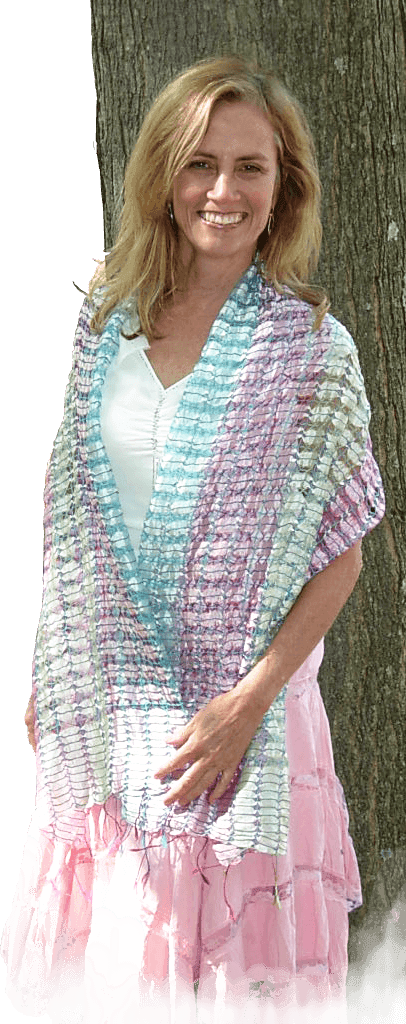Philosophy
Observing the first few years of a child’s life easily reminds us that we are first and primarily spiritual beings. With age, that truth becomes less obvious. The stress that a child may encounter within family life, school and his/her cultural environment may overwhelm the purity of spirit that gives rise to the ability to radiate and live a more ideal life. How many times have we seen children overflowing with experiences of happiness, friendliness, or compassion with no rationale, other than doing what comes naturally in the present moment? As parents seek, experience and live from the depths of their own spirituality, it is natural that they will want to guide children in owning their own spiritual awareness, insights, and gifts. We know that the life that a parent leads is extremely contagious. With adequate care and tending, a parent’s personal happiness and fulfillment can be an invisible, yet a powerful, source of motivation for the child to make the most of being spiritual and human. This may happen naturally and spontaneously, without long lists of parent skill sets.
A child’s education rarely focuses on the full range of human potential, especially the spiritual. One definition of education that has been long forgotten is “to draw out.” Most often, educational institutions exercise learning approaches that emphasize the reverse. Certainly, it is important for a child to acquire information and gain skills that lead to mastery in a wide variety of subject areas. However, placing the emphasis on content and skills alone, does not come close to developing the full potential of a child. It is important to remember that children come to school with vast reservoirs of love, joy, wisdom, and truth.
